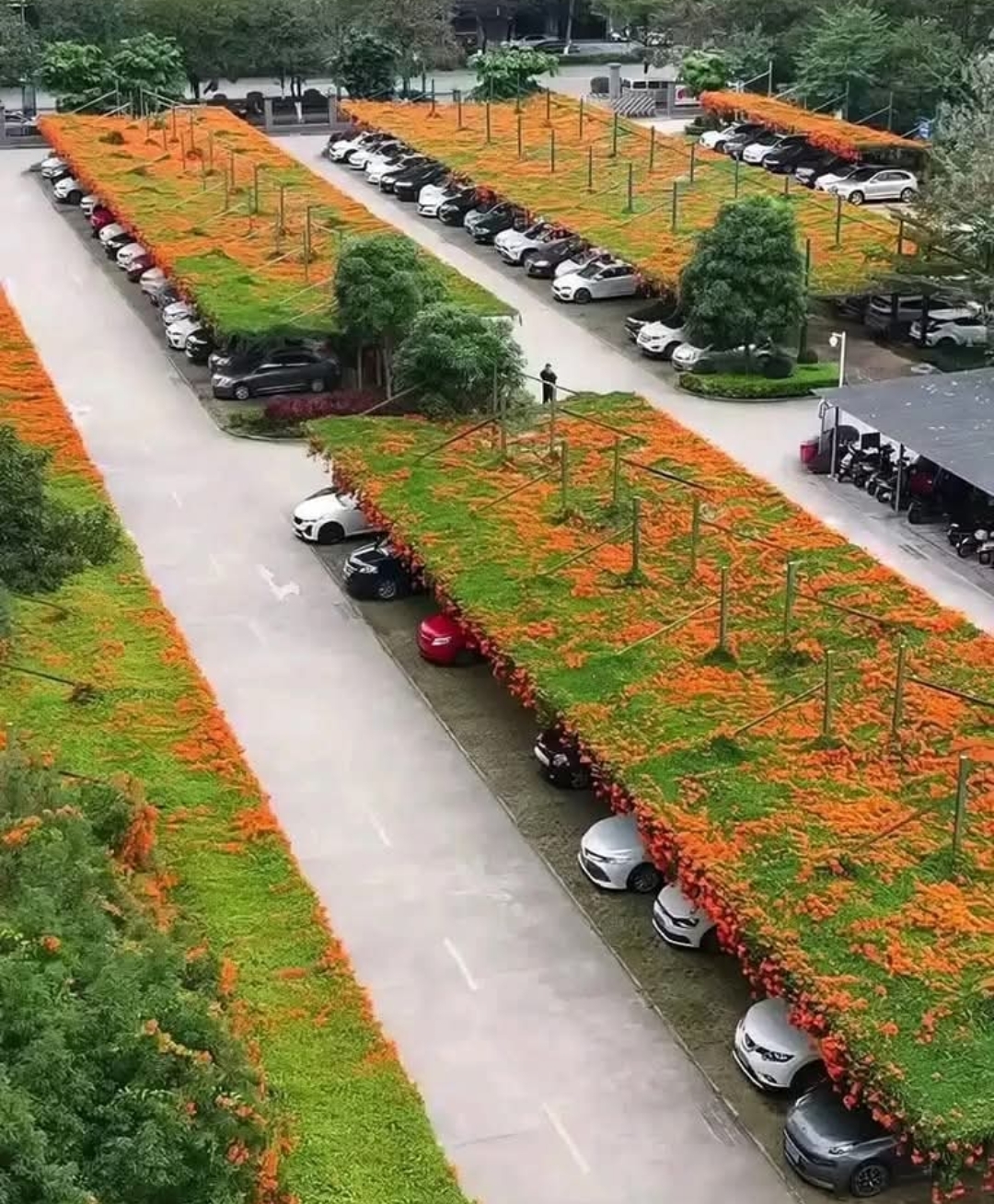
Establishing Rooftop Gardens on Urban Parking Lots – A Sustainable Solution for Bhubaneswar, Odisha
With the rapid pace of urbanization, cities are increasingly facing challenges such as reduced green spaces and deteriorating air quality. Inspired by Japan’s initiative of creating floating gardens on public parking lot rooftops, this proposal focuses on implementing a similar concept in Bhubaneswar, Odisha. This strategy aims to enhance air quality, promote biodiversity, and transform urban spaces into greener, healthier environments.
Air Quality in Bhubaneswar: Current Status vs. A Decade Ago
Over the past decade, Bhubaneswar’s Air Quality Index (AQI) has seen a concerning rise.
In 2015, the city’s average AQI was around 85 (moderate range).
By 2025, it has increased to 110 (unhealthy for sensitive groups).
This deterioration is primarily due to increased vehicular emissions, industrial growth, and the decline of green spaces in the city.
Statistical Data:
Vehicle Growth: In 2015, Bhubaneswar had approximately 1 million registered vehicles, which has surged to 1.8 million by 2025—a rise of nearly 80%.
Decline in Green Cover: In 2015, about 30% of the city’s area was covered in greenery, which has decreased to just 22% by 2025.
Solution: Establishing Rooftop Gardens on Parking Lots
Given the shrinking green spaces in urban areas, transforming parking lot rooftops into green gardens offers a promising solution. Here are the key benefits:
1. Improved Air Quality: Plants absorb harmful pollutants and release oxygen, enhancing the overall air quality.
2. Temperature Regulation: Green rooftops help reduce the urban heat island effect, leading to lower local temperatures.
3. Boosting Biodiversity: These rooftop gardens provide essential habitats for bees, butterflies, and other pollinators, supporting ecological balance.
4. Water Management: Plants help absorb rainwater, reducing urban flooding risks.
Recommendations for Government Implementation:
1. Policy Development: Introduce specific policies to mandate or incentivize rooftop gardens on public and private parking facilities.
2. Financial Incentives: Offer subsidies, tax benefits, or grants to encourage businesses and property owners to adopt this initiative.
3. Public Awareness Campaigns: Launch city-wide campaigns to educate citizens about the benefits of green rooftops.
4. Technical Support: Provide training and technical assistance for the design, installation, and maintenance of rooftop gardens.
Conclusion:
Introducing rooftop gardens on parking lots in Bhubaneswar is not just an environmental initiative but a significant step toward sustainable urban development. This strategy will help improve air quality, enhance biodiversity, and create a healthier living environment. With combined efforts from the government, private sector, and community, this initiative can lead Bhubaneswar toward becoming a greener, more livable city.
